Wondering if homeschool unit studies would be a good fit for your family?
Learn all about using unit studies (including benefits, tips, and how to plan) and why this approach might just be the perfect fit for your homeschooling adventures.
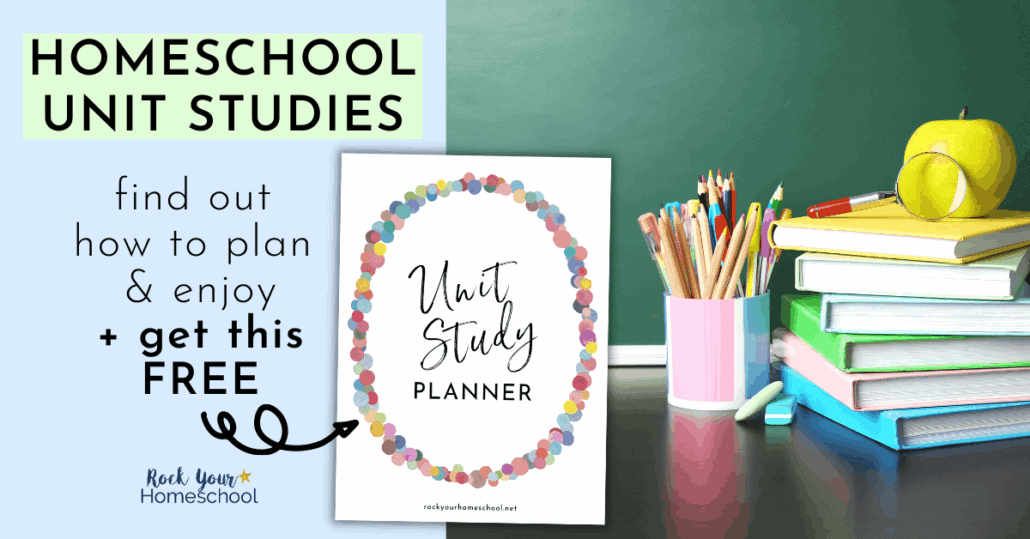
When my boys and I began our homeschool adventures, I hesitated to use unit studies. I didn’t know much about the unit study approach and couldn’t visualize how it could work to teach everything that needed to be covered, especially with different ages and stages.
After I loosened up as a homeschool mom and became more flexible in my homeschool mindset, we gave a homeschool unit study a try. I realized that my boys love diving deep into a topic that interests them and that each topic has hundreds of different sub-topics to study. I could see why many homeschoolers love this creative approach!
Unit studies are like diving down the ultimate rabbit hole and seeing what you learn.
If you’re interested in trying different types of homeschooling and want to try unit study resources, here are some basics, tips, benefits, resources, and examples on how to plan and get started.

What Are Homeschool Unit Studies?
A homeschool unit study is when you create or buy a planned study that focuses all of the subjects around one topic.
Whether you buy a preplanned unit study or make your own, all subjects, including language arts, math (or math practice), reading, science, history, and more, are focused on one topic or theme.
**Your unit study does NOT have to include every subject. For example, I may include some fun math activities but stick with our math curriculum for each boy since they’re at different levels.
You can investigate unit study ideas and topics at a deeper level. And even take time to go deeper with each subject.
If you investigate a time period, for example, you’d look at the significant scientific inventions or what they learned at that time.
If you study a science topic, learn about who discovered that. Studying scientists is history work as well.
Don’t be afraid to dive deep and broadly into a topic. Homeschool unit studies are fantastic for all sorts of learning opportunities. You can use online resources, books, and real-life experiences as homeschoolers!

The Reasons You Might Want to Use Homeschool Unit Studies
Using thematic units in your homeschool is a marvelous idea, especially when you feel like you’ve hit a brick wall in your homeschooling and need to switch things up to keep it interesting in you school year.
A few other reasons why homeschool unit studies rock are:
1. Follow Your Children’s Interest
I bet that one of the reasons you started to homeschool is to help your kids love learning. So, it’s natural to follow your children’s interests and different topics while homeschooling. Everyone learns better when they’re interested in the topic at hand.
Kids often have a range of interests, and those interests continue to grow as they get older. Sometimes, all it takes is reading a new book, watching a TV show, or starting a new unit study topic to spark a brand new interest. Exposure to different types of resources can make such a difference!
2. Make Learning Fun
Many homeschool unit studies tend to be more hands-on than other types of homeschooling. Instead of skimming the surface of a topic, you dive deep into it, which lends itself to fun projects and lessons on a variety of subjects.
If your child is already interested in learning about the topic, it’s naturally fun to them. If they find airplanes fascinating, learning about the Wright Brothers will be amazing and spark a desire to learn more about their invention work.
3. Adaptable
Unit studies are one of the most adaptable homeschooling styles.
This approach can help you keep all of your kids, no matter their ages, learning about the same topic or theme.
You can easily meet your kids at their level and help them progress as they work and learn. Plus, homeschool unit studies are fabulous to teach the preschool years and up!
4. Ties Multiple Subjects Together
When you’re homeschooling multiple ages, homeschool unit studies can take a huge weight off your shoulders.
This approach is one of the best ways to keep all of your students together and weave together multiple subjects. Teaching three or more kids at the same time is challenging for any parent, but teaching separate subjects to multiple students feels impossible (and could take all day!).
5. Help Your Kids Discover More Interests
As you dive into each of your unit studies, your students will end up finding other interests that they want to learn about and study.
For example, many kids love a dinosaur unit study, including older kids who can learn about their diets and different eras. A dinosaur unit study could lead to studies about volcanoes or asteroids.
If you notice that your child asks questions about a particular part of your study, make a note to investigate that further.
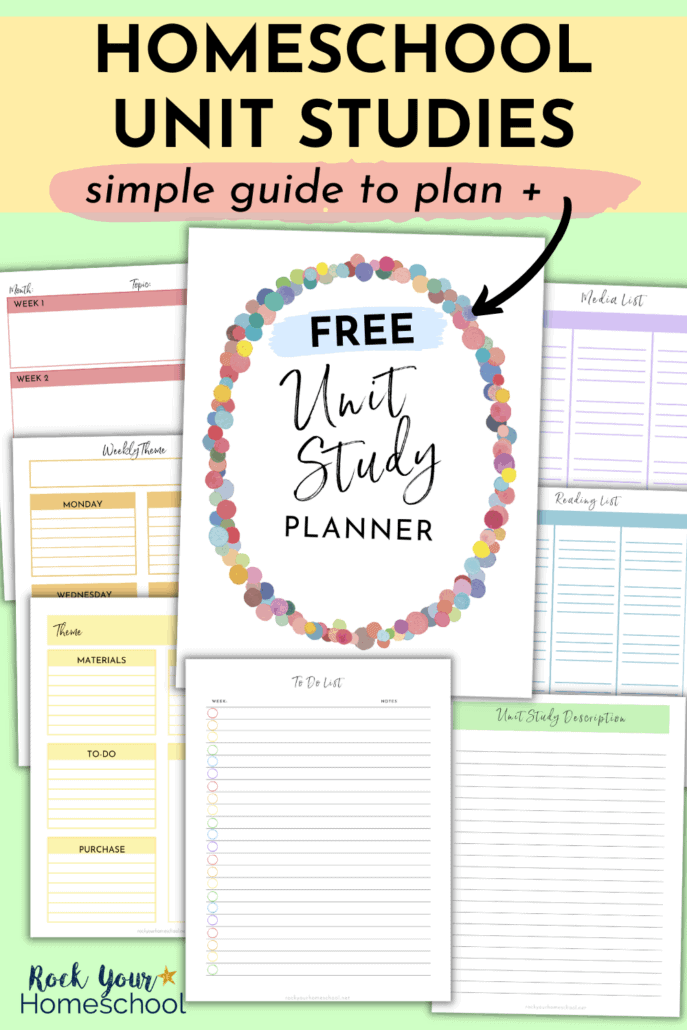
Examples of Homeschool Unit Studies
If you’d like to use unit studies in your homeschool, it might be hard to envision how you can encompass so many subjects together.
Math is the hardest to incorporate, so try to use math practice from the topic rather than basing the entire subject around the topic. Fun math games related to the theme or topic can work, too 🙂
Here are two examples of homeschool unit studies:
Social Studies-Based Homeschool Unit Studies
Finding topics for social studies unit plans are all around us. Start with a time period or a significant event in history. Here is an example of a history homeschool unit plan around the Civil War.
- History: Study all of the major battles that took place during the Civil War and key figures. You also can look at the battle plans and firearms used.
- Science: Learn about how bacteria spread easily during battles because of unsanitary conditions and lack of medical treatments. Scientists and medical professionals invented chloroform and plastic surgery during the Civil War.
- Language Arts: Edit paragraphs about the Civil War or diagram sentences that you write for your child. Spelling words that are geared towards this era are great additions, as well as copywork of famous quotes or passages from the time.
- Reading: Pick a family read-aloud focused on the Civil War or about a particular figure who your children find interesting.
- Math: Practice could be adding horses or firearms or diving deeper into the numbers of soldiers and losses.
- Art: Study artwork inspired by the Civil War or created during this time period.
Unit Studies: Homeschool Science
Science unit studies tend to be the most popular topic because there are so many choices.
Kids love science – and who can blame them? Let’s look at a science unit study on volcanos and what you might cover.
- History: Study the five most famous volcano eruptions and what happened in the aftermath.
- Science: Your students would learn about how volcanoes work and have a hands-on activity with creating a DIY volcano. Include learning about mud volcanoes to top it off.
- Language Arts: Any writing samples should be geared towards volcanoes or famous eruptions and include age-appropriate spelling words.
- Reading: Make sure you have plenty of books about how volcanoes work and famous eruptions. Consider using I Survived the Eruption of Mount St. Helens by Lauren Tarshis as a family read-aloud.
- Math: Practice could be counting active volcanoes. Older kids might want to learn how to calculate how far an ash cloud expands.
- Art: Paint a picture of a famous volcano.
How Long Does a Homeschool Unit Study Last?
An average unit study lasts between one and four weeks, but there is no set time frame.
If it’s a broad topic, you might spend one to two months studying it.
It’s great to have a plan but be ready to go down those rabbit trails 😉
Oh, and it’s best to have a plan for your next study so you’re ready for when your children want to move to the next topic!
For younger kids under the age of seven, a shorter unit study might better hold their interest.
Older kids can study a topic for longer. I suggest aiming for a month per study or longer if you have middle school or high school-aged kids.
How to Plan a Unit Study
It might feel intimidating when you go to plan your first unit study, but it does get easier with time.
Grab a piece of paper and a pen (or this FREE printable Homeschool Unit Study Planner) and let’s plan your homeschool unit studies:
1. Pick a Homeschool Unit Study Topic
First, you need a topic or theme. The great thing is that you can find all kinds of examples of unit study homeschool topics online (+ crafts and projects that others have used).
Think about your children and what they love already. If you have all young children, it might be easy to start with a topic such as dinosaurs or farming, but older kids will have a more extensive amount of options. If you can, find something that works for all of the kids in your family 🙂
It’s okay to pick a broad topic as well, such as astronomy or birds, if you can keep it interesting throughout the entire unit study.
2. Research and Find Books
Books are a huge part of your study, so find as many books as possible.
Your local library will be an essential resource during your homeschool unit studies.
Pick books for each of your kids, and make sure you include a chapter book or two for family read-aloud books.
3. Plan Activities and Field Trips
Kids love hands-on activities and field trips that go along with their unit study.
A unit study on dinosaurs might include a field trip to the closest history museum to look at dinosaur bones.
Hands-on activities might be creating fun dinosaur digs outside or inside of a sensory bin.
Don’t be afraid to include plenty of hands-on projects, like posters, paintings, dioramas, or more. Kids love projects, and if you have a kinesthetic learner, it helps them learn.
4. Plan Your Goals for Your Homeschool Unit Study
It’s essential to have goals for your unit study to help you measure progress.
What do you want your children to remember at the end of this study? This question can help you adapt unit studies to meet each child. Older kids (like middle or high school) may have larger goals compared to their preschool siblings.
Write out the goals on a piece of paper. Make sure the goals are practical for the topic at hand and for the levels that you’re teaching.
Ready to Dive Into Homeschool Unit Studies? Get Your FREE Unit Study Planner
WooHoo! Using unit studies in your homeschool is a great way to combine all of your kids into one study and have fun.
Make sure you touch on all of the subject areas (or as many as you can) and include plenty of projects. Your kids will have a blast, and so will you!
This FREE Homeschool Unit Study Planner includes 8 pages (printable pack including cover) to help you plan a simple and successful homeschool unit study.
Simply TAP HERE or on the image below to get your FREE Homeschool Unit Study Pack!
Ooh! And if you’d rather have your homeschool unit studies planned out for you (at least, when you’re just getting started or super busy 😉), check out these unit studies available here on Rock Your Homeschool:
- Cinco de Mayo Unit Study
- Fourth of July Mini-Unit Study
- Soccer Unit Study
- Halloween Unit Study
- Christmas Fun Around the World
- Valentine’s Day Unit Study
Got questions about homeschool unit studies? Or would do you have topics or themes that you’d like to see in pre-planned unit studies? Share in the comments area below and I’ll be happy to create those units 🙂
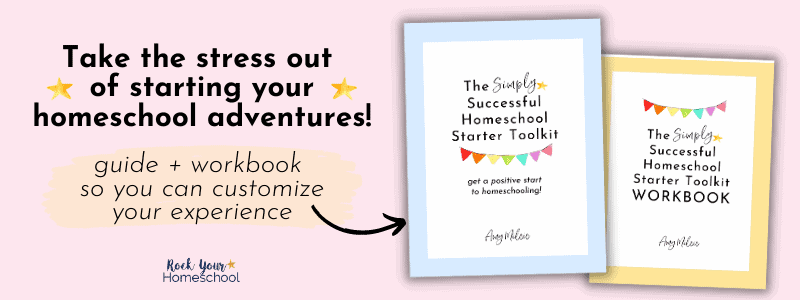

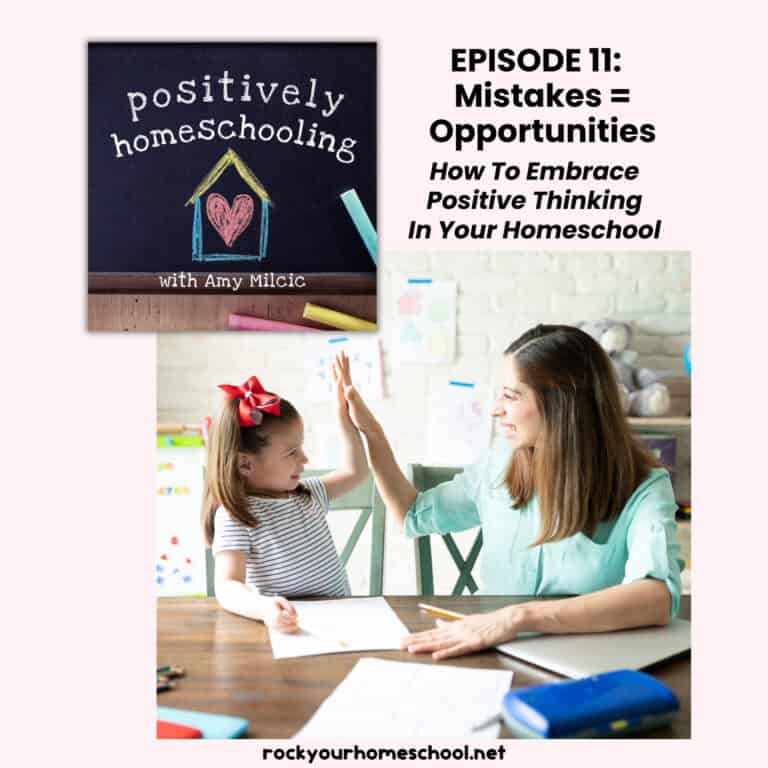
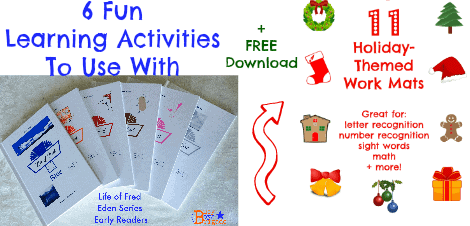

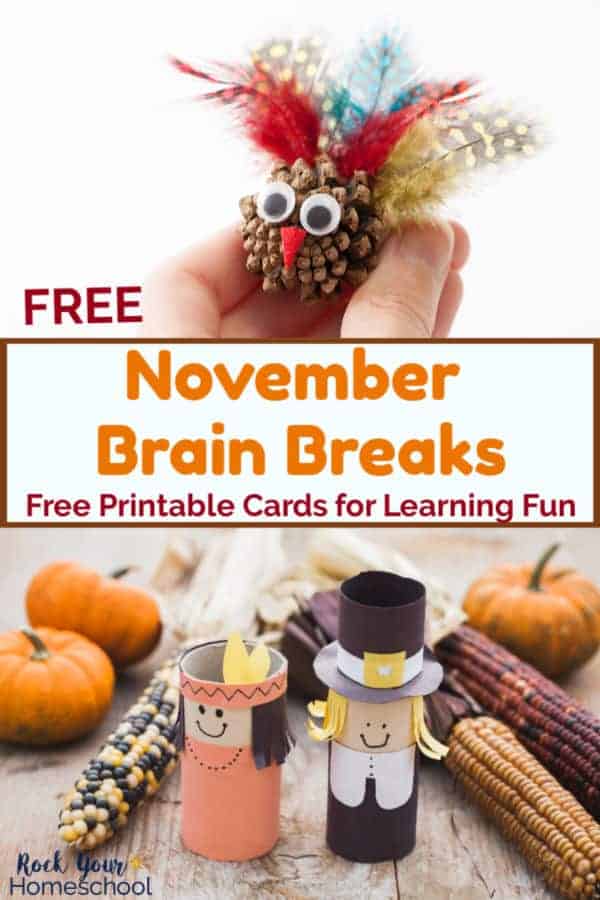

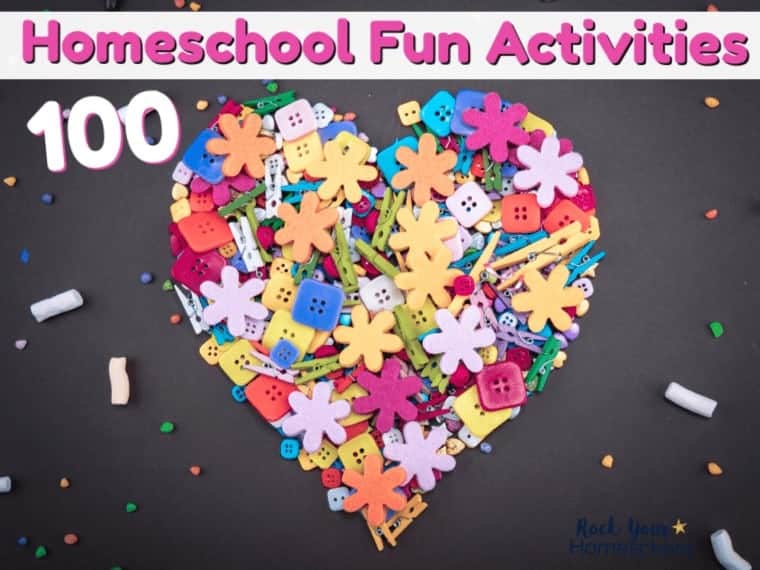

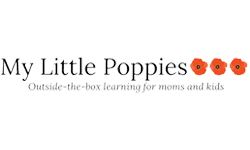





Heya.
This is a fun topic. We did a whole new unit study on Christmas for most of last term for a change. As part of the entire topic at the start I drew a colourful mind map. I guided them in research online to find cool facts in order to use.
In cookery classes we prepared many platters of festive food. And in gardening lessons we made Christmas wreaths. During the weekends we found objects on nature walks. I made brief summary notes. In art lessons we visited art galleries and shops in addition to find art supplies etc. For English lessons we created essays on a Christmas carol. We then sat and read the book out loud. During history we did fact files on the history of Christmas. Geography lessons were dedicated to Christmas traditions abroad. I touched a bit more on how Christians did Christmas in RE lessons.
In physical education sessions we focused on dances. Music classes were spent looking at how Christmas influenced music. Language lessons revolved around vocabulary and any leftover random aspects. Good luck. Christmas is a topic that is fun to do as a unit study.